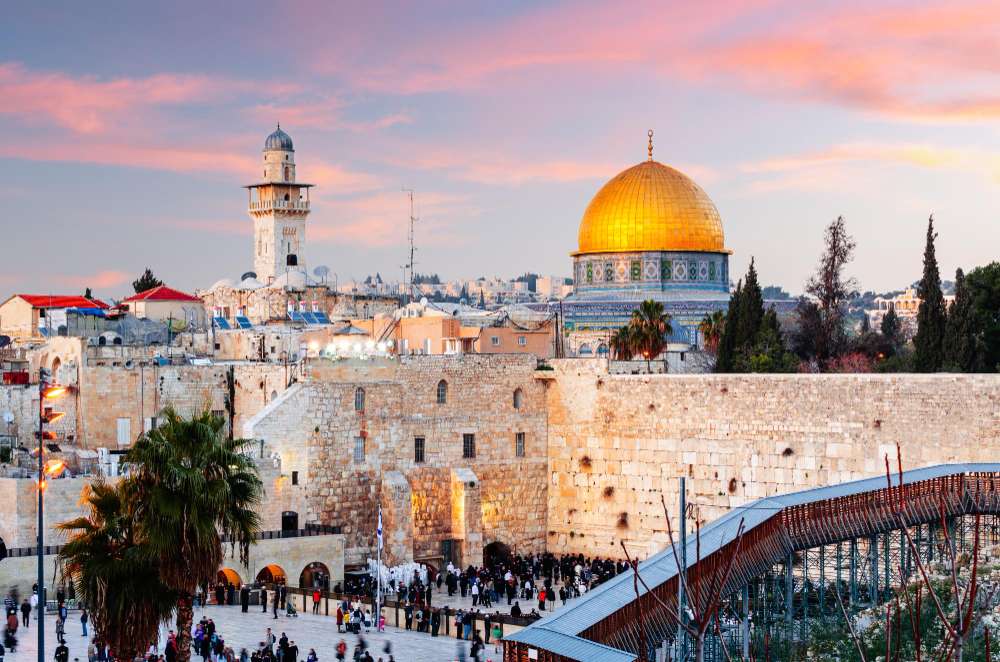In a recent development, the foreign ministers of Germany and Austria raised concerns over Israel’s defense minister’s plan to relocate displaced Palestinians into a sealed-off zone. The issue sparked discussions among European allies, with Austrian Foreign Minister Beate Meinl-Reisinger emphasizing the importance of Gaza remaining under Palestinian control. She stated,
“I share this concern about these Israeli plans… regarding a permanent occupation and expulsion of the Palestinian population from parts of Gaza.”
Her sentiments echoed the need for Israel to adhere to international law in combating terrorism.
German Foreign Minister Johann Wadephul also weighed in on the matter, stressing the significance of establishing a ceasefire in Gaza to prevent unfavorable outcomes. He noted that certain developments proposed by Israel warrant close attention and consideration. This dialogue underscores the complexities surrounding territorial disputes and humanitarian concerns in the region.
Israeli Defense Minister Israel Katz’s proposal to create a restricted area for 600,000 displaced Palestinians within Gaza has drawn mixed reactions. While some view it as a measure to safeguard civilians, others perceive it as potentially infringing on Palestinian rights. The concept of a “humanitarian city
” aimed at accommodating over 2 million individuals has stirred debates both domestically and internationally.
Despite being key allies of Israel in Europe, Germany and Austria have expressed reservations about the displacement plan. Their diplomatic stance raises questions about the feasibility and ethical implications of such initiatives within conflict zones. It remains uncertain how these expressions of concern will influence Israeli policymakers moving forward.
In response to criticisms, Israeli Foreign Minister Gideon Sa’ar defended the displacement concept as compliant with international legal frameworks governing conflict zones. He clarified that the intention behind any population movements is primarily for safety considerations rather than forced expulsion. Sa’ar highlighted ongoing negotiations in Doha aimed at achieving temporary ceasefires leading towards sustainable peace agreements.
The optimism shared by foreign ministers involved in mediating talks reflects a collective desire for de-escalation and long-term stability in volatile regions like Gaza. Meinl-Reisinger described the current negotiations as “
a historic chance” signaling potential progress towards peaceful resolutions benefiting all parties involved. The establishment of a triad format for future discussions underscores efforts to foster constructive dialogues among stakeholders.
As deliberations continue between nations vested in resolving conflicts through diplomatic means, nuanced considerations around human rights, security imperatives, and legal obligations shape policy decisions impacting vulnerable populations caught in protracted conflicts.
By delving deeper into these intricate dynamics shaping regional geopolitics, global stakeholders navigate complex challenges with an eye towards promoting sustainable peace-building efforts amidst conflicting interests.

